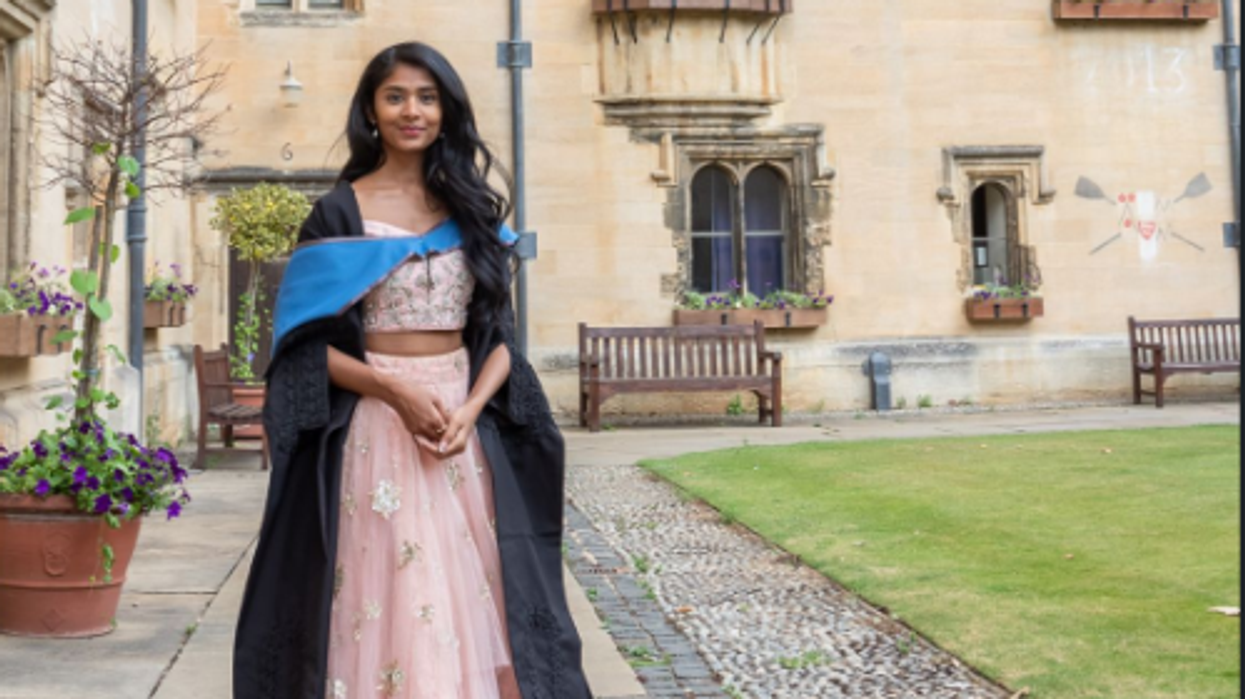An Indian woman who recently graduated from the University of Oxford has created ripples on the internet with her heart-warming tribute to her late maternal grandfather who had fought poverty and discrimination to go to school.
Juhi Kore, who obtained her master’s in comparative social politics, called him a “hero” in her LinkedIn post which has gone viral.
She narrated how her grandfather endured “bullying from his upper caste peers” during his school years but went on to secure a post-graduate degree at the age of 60.
Kore also drew a contrast between the two generations - her grandfather was not allowed to sit inside the classroom whereas she walked through the halls of “the best university in the world”.
India was declared a free and independent country in 1947 but not “every citizen was allowed to live a free and independent life”, she wrote in her post last week.
“One of those individuals was a young school-aged boy who belonged to a family of the lowest caste, in a rural village in Maharashtra,” she said referring to her grandfather.
“Despite being a school-aged boy, his family did not want him to attend school for two primary reasons: as the eldest of four (siblings), he needed to work on a farm so his family could earn enough food; and his parents were afraid of how he might be treated by the students and teachers alike,” she wrote.
He would work in the farm from 3 am and go to school “for the second half of the morning” without decent footwear but he wasn’t even allowed to sit inside the classroom.
“Despite all the bullying from his upper caste peers, discrimination from his upper caste teachers, and not being allowed to sit inside the classroom, his determination and resolve led to him not simply passing his exams, but outranking all his classmates!” she said.
“As every “hero’s journey” has a wise guru or champion, his was the school’s principal; a man who recognised the potential of this boy and after a few years of watching him excel in his academics paid for his schooling and living expenses in the big city.
“The boy went on to learn English, move to the city of dreams (Bombay), get his Bachelor’s in Law (while working full-time as a cleaner in a government building) and many years later, attained his Master’s aged 60, after retiring as a high-level government official (in that same building)”.
“I’m so proud of that boy, my maternal grandfather, for instilling the importance of education in me.”
She went on: “Unfortunately, I lost him just over a year ago, and we weren’t able to realise our shared dream of him attending my Oxford graduation ceremony in person. But I know he was watching over me fondly.”
Oxford University graduate’s tribute to her grandfather wins hearts on social media
Juhi Kore says her maternal grandfather braved poverty and discrimination in India to secure a master's degree at 60.




